
The non-profit will partner with the imaging company to prevent blindness and fund new retinoblastoma research.

The non-profit will partner with the imaging company to prevent blindness and fund new retinoblastoma research.
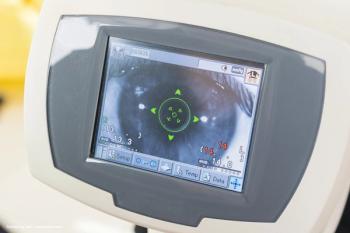
The company announced new data on outcomes for both open and narrow angle glaucoma patients.

Reviewing visual and anatomic outcomes in 2 clinical trials
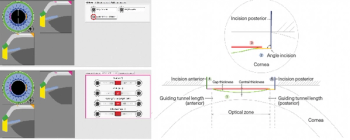
Lenticule extraction poses a provocative question–and a complicated answer

According to the company, the deal expands its European footprint into Spain and Portugal.

One of AI’s most promising applications: new diagnostic algorithms


Advancements from Carl Zeiss Medical AG in the cataract and cornea space include a new intraocular lens and therapeutic laser enhancements.
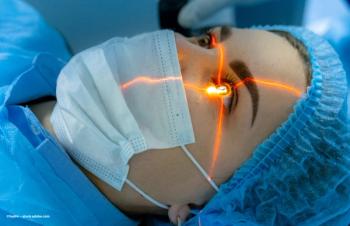
The new platform incorporates the SILK procedure, allowing surgeons to perform refractive correction on patients with myopia.

The EUREQUO Annual Report celebrates 15 years and over 4 million surgical procedures in the registry.

According to the company, it is working with the FDA to address the agency’s issues.
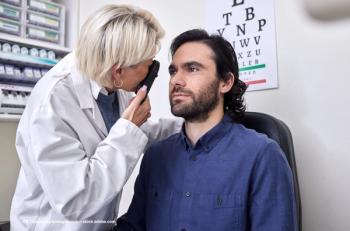
ATSN-201 leverages novel spreading capsid to overcome challenges associated with intravitreally delivered AAVs in the treatment of XLRS.
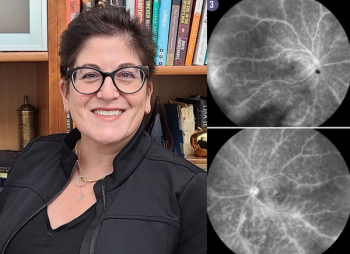
OCT methods are invaluable in the assessment of patients with the condition

Commonly used immunosuppressants used in the short term to control an ocular inflammatory disease were not associated with increased risk of developing cancer later.
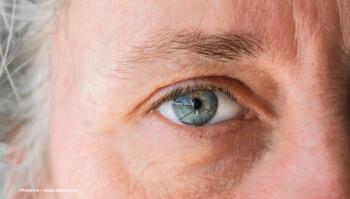
Surgeon discusses latest trends for treating cornea
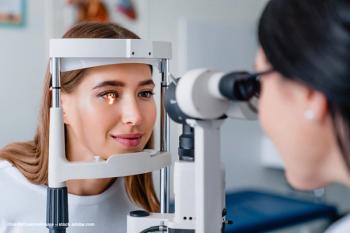
This intellectual property protects Kiora's pipeline by covering several inflammatory-related therapeutic applications, including posterior non-infectious uveitis.
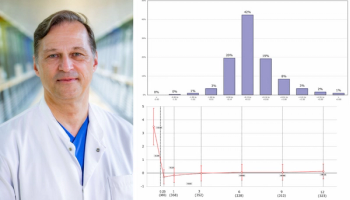
A multicentre study demonstrates comparable results to FS-LASIK

VG901 is a gene therapy for CNGA1-associated RP.
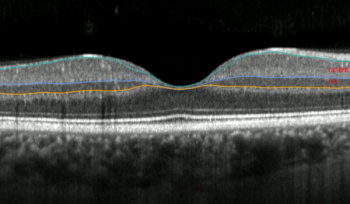
Researchers have identified markers that indicate the presence of Parkinson disease in patients an average of 7 years before the disease presents clinically.
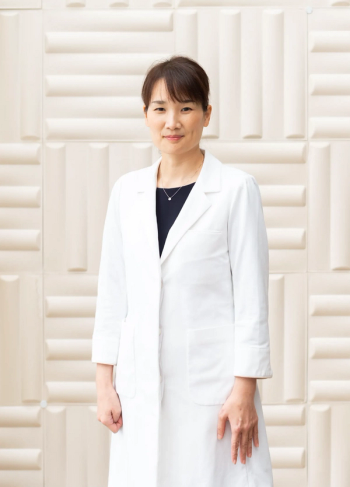
The first-line treatment to avoid visual impairment for these cases is anti-vascular endothelial growth factor therapy (VEGF).

According to Regeneron, the approval was based on data in the PULSAR and PHOTON trials, in which the drug demonstrated clinically equivalent vision gains to aflibercept Injection 2 mg that were maintained with fewer injections.

The geographic atrophy treatment was approved by the FDA in the US earlier this month.

The 2023 SOE meeting featured symposia, awards and a spotlight on young ophthalmologists

To heighten precision, use total keratometry, not imaginary numbers

The study met its primary efficacy endpoint for the neovascular age-related macular degeneration (nAMD) treatment.

Vitrectomy is a tool that can help surgeons curb complications

An industrial engineer and entrepreneur, George Glady was a founder of Euclid Systems Corp. and developed the concept of the Ortho-K contact lenses.
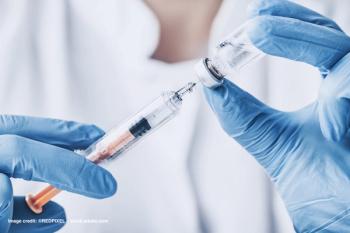
Faricimab could lower treatment burden for patients compared to aflibercept
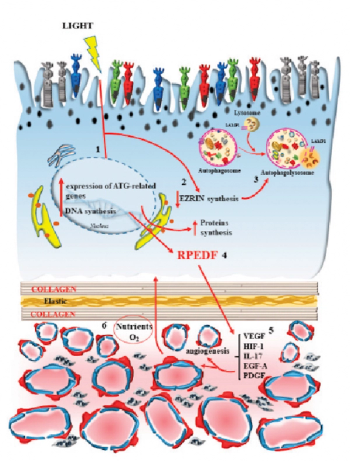
Novel concept: inner choroid/outer retina neurovascular unit

IZERVAY is expected to be available in the United States within 2 to 4 weeks.